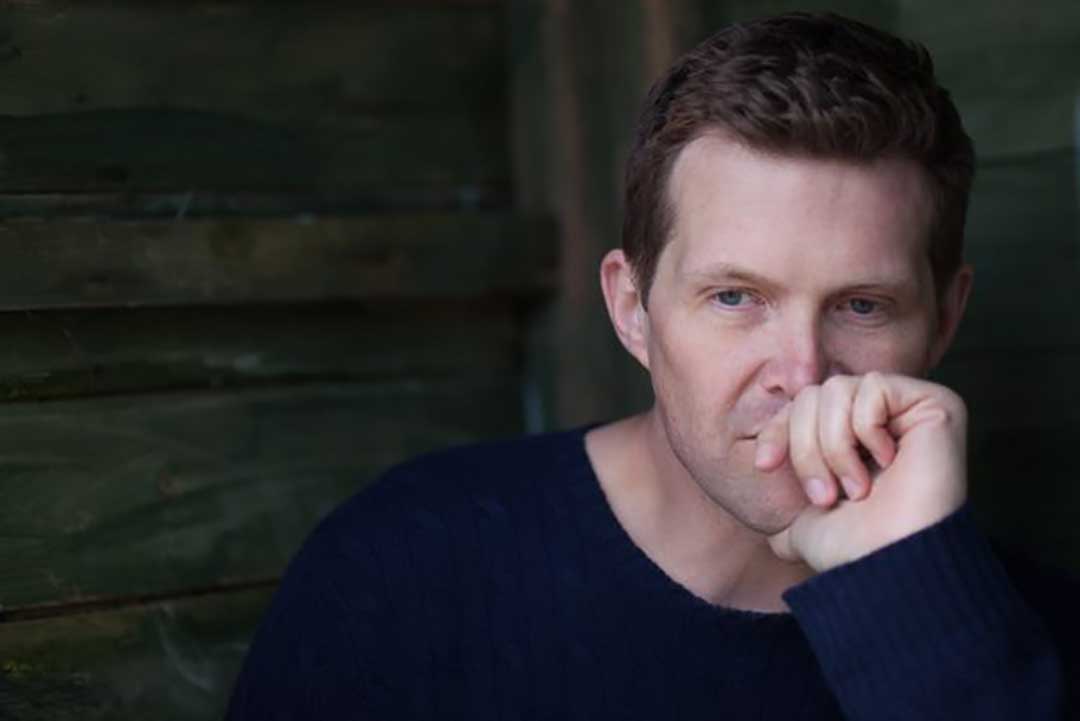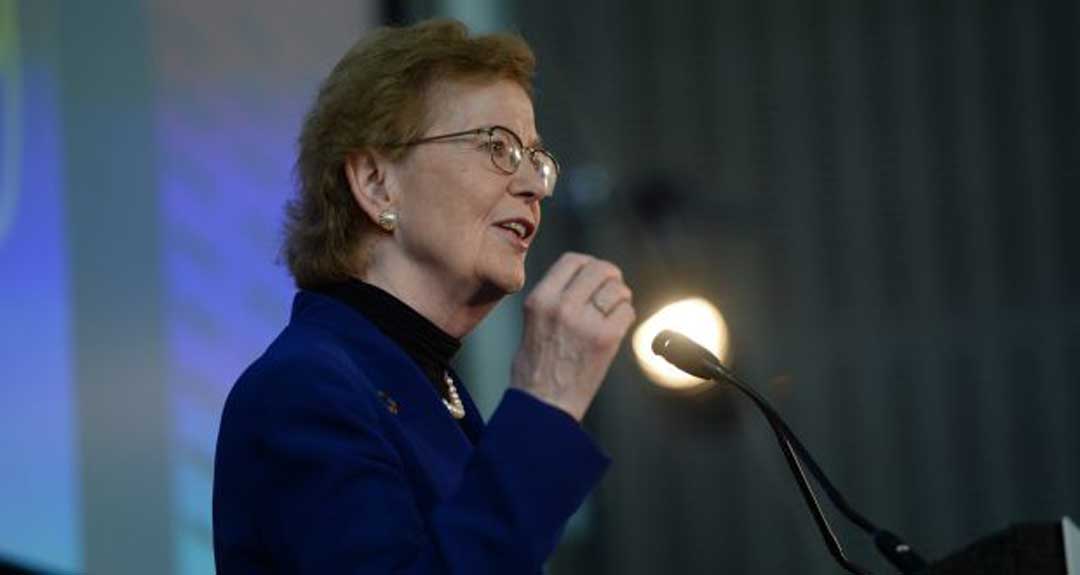David Haigh writes for Independent on client Princess Latifa Al Maktoum
“Mary Robinson has willingly tarnished her reputation”
Haigh International Justice and Detained International founder and managing director write for the Independent in January 2019 following the extraordinary interference of former Irish President and UN Human Rights Commissioner, Mary Robinson in the case of his client Princess Latifa Al Maktoum. An intervention that has been met with worldwide condemnation from across the board for Mary Robinson’s acts, including from Detained International, Amnesty International, and Human Rights Watch.

David Haigh concludes “Not only is this a clear misuse of Robinson’s former office as UN high commissioner for human rights, but it also undermines the movement for the fair treatment of women” he continues “Mary Robinson has willingly tarnished her reputation”




